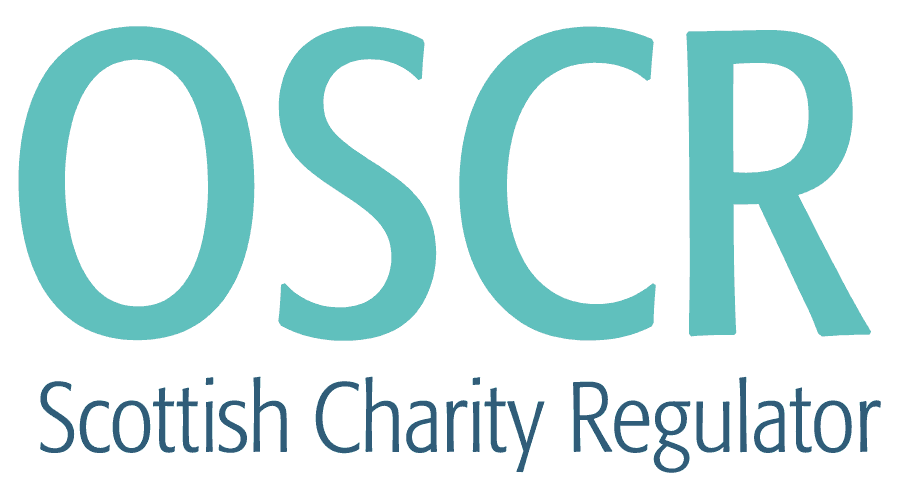We are writing to you as representatives of the third sector in Midlothian who are deeply concerned by the impact of the proposed cuts which will affect our most vulnerable, youngest, and oldest residents of Midlothian, and cause significant job losses to the third sector and a reduction of services.
We recognise the difficult task you have in making cuts that no-one wants to see happen, and we are aware that many of Midlothian’s current difficulties arise from a lack of recognition of our status as the fastest growing local authority. However, we feel that it is important that councillors are aware of the impact of the saving proposals.
Many of the proposals in the paper will have a negative impact on the funding of third sector organisations. Our organisations were not well-funded to begin with, and have been badly impacted by the combined effect of Covid, Brexit, inflation and the recent rise in utility prices. Further cuts to their budgets could lead to the closure of key, long-established organisations.
Much of the work funded through the Grants Programme is preventative, and its removal will lead to increased costs for the Council and other community planning partners, for example, through a rise in isolation leading to increased calls on GPs and other health services, children being less able to cope at school, or an increase in anti-social behaviour.
There are a number of proposed actions in the paper that suggest that the community could get more involved, yet at the same time the budget that could have supported this has been cut. Most volunteers only volunteer for a few hours a week, meaning that every full-time post that is lost would need ten to twelve volunteers to replace it. There are costs attached to coordinating this number of volunteers.
Many older and disabled people are unable to get to third sector activities without the support of our community transport providers. If these cuts are made, the lives of our most vulnerable citizens will be hugely restricted.
In light of the comments above, we call on council members to undertake the following actions:
· Reconsider the 100% cuts proposed to the Third Sector Grants programme. We are in the process of compiling how many people this cut would affect; with 40% of the response received so far organisations are reporting that over 7000 vulnerable clients would be impacted.
· Recognise that children and young people’s organisations will be particularly badly affected by the accumulation of cuts to both the Grants programme and commissioning budgets.
· Institute transitional arrangements for commissioned services so that they do not stop abruptly on the 1st April. This would allow third sector employers to undertake the redundancy process as set out by law, and in line with the Scottish Government’s Fair Work criteria. It would also allow time for discussions about how clients continue to receive support.
· Once the paper has been approved, undertake meaningful engagement that goes beyond just a survey, to ensure that the needs of people who struggle to complete surveys is also met, for example people with learning difficulties, people with mental health issues and people with literacy issues.
We include two key quotes from our most recent third sector forum which highlight the difficulties they face:
“If community places and libraries are closed or not staffed adequately as safe places then vulnerable people and disabled people become more isolated, isolated means more physical illness, physical illness means more hospital appointments or mental illness leading to increased rates of suicide.” Graham Thomson, Co-chair, Forward Mid
“With a cumulative cuts to our service and the potential of losing our service level agreement, we are facing the potential of at least 40% cuts, which would mean the loss of 2 family learning centers with 18 staff and potentially therapeutic services which has a direct impact of children and families. This could mean redundancies of between 18 – 60 staff as early as Mar ’23.” Cheryl Brown, CEO, Midlothian Sure Start
Yours sincerely,
Lesley Kelly, Chief Executive, Midlothian Voluntary Action and Volunteer Midlothian
Alasdair Mathers, Penicuik Alliance, Penicuik Youth Band and Penicuik Silver Band
Brian Christie, Pathhead & District Community Association
Dave Evans, Chief Executive, MYPAS
Emma Diffley, Chair, Tynewater Parent Council
Eric Johnstone, Graham Thomson and Marlene Gill, Forward Mid
Ian Purves and Janice Burns, Midlothian Foodbank
Jan-Bert van den Berg, Director, Artlink
Jill Bunyan, Development Worker, MFIN
Jim Hiddlestone, Chair, Roslin Village Group
Julie Podet, Manager, Dalkeith Citizens Advice Bureau
Linda Cuthbert, Service Manager, Play Therapy Base
Lucy Holyrood, Senior Recovery Services Manager, Cyrenians
Dr Neil Heydon-Dumbleton, Pathhead Men’s Café & Community Councillor
Pat Bowie, Chairperson, Newtongrange Development Trust
Paula Swanston, Manager, Home Link Family Support
Play Midlothian
Robert Scott, Manager, Rosewell Development Trust
Scott MacFarlane, Chief Executive Officer, Penicuik YMCA
Sharon Hill, Manager, Mayfield and Easthouses Development Trust
Yvonne Hay, Committee Member, Beeslack Allstars











